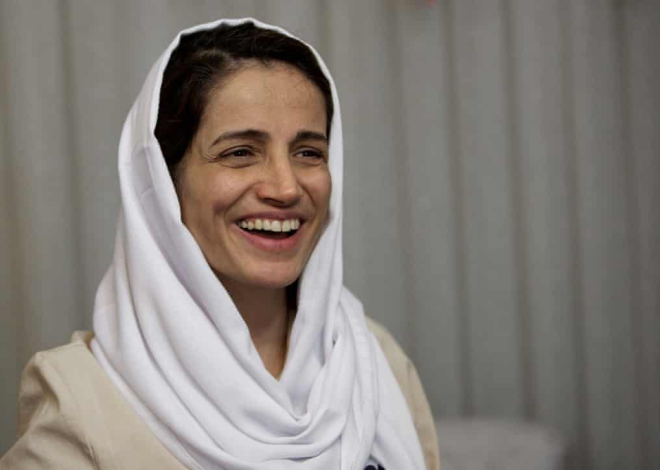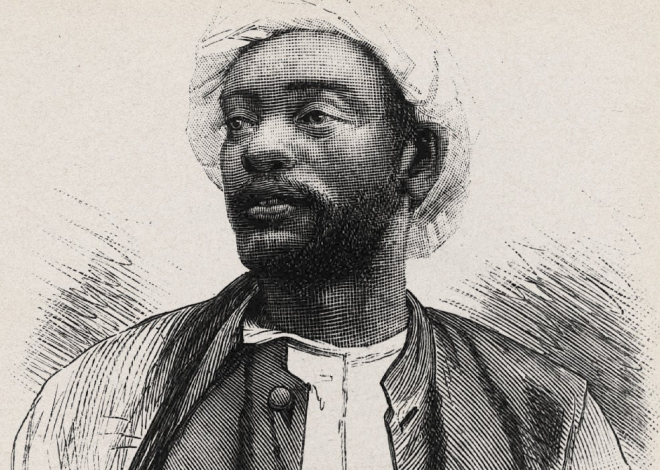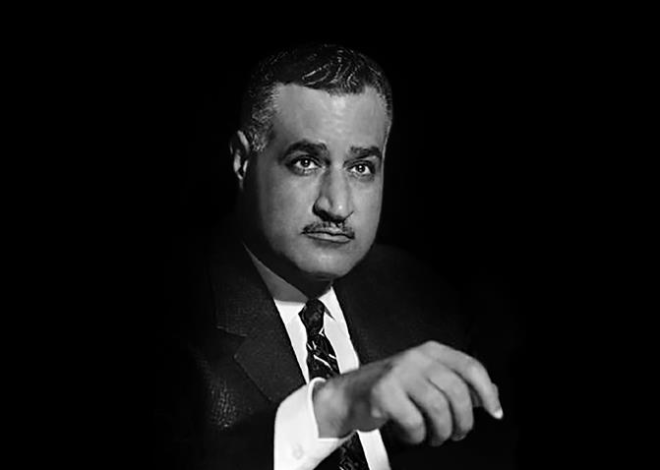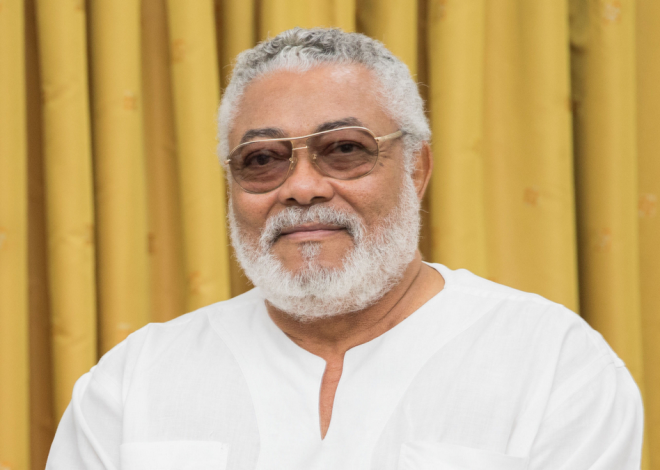
Samori Toure (1830-1900)
Samori Touré, also known as Samory Touré or Almamy Samori Touré, was a prominent West African leader and military strategist who played a significant role in resisting French colonial expansion in the late 19th century.
Here is a detailed history of Samori Touré:
Early Life:
- Samori Touré was born in 1830 in the village of Mayambaladugu, which was part of the Wassoulou Empire in what is now Guinea.
- He belonged to the Mandinka ethnic group and grew up in a region characterized by complex political and social dynamics.
Rise to Power:
- In the mid-19th century, Samori Touré joined a military and political movement led by a Muslim cleric named Samori Ture (the spelling of the name varies). He adopted the title “Almamy,” meaning religious leader or Imam.
- As part of this movement, Touré embraced Islam and became a military commander. He rose through the ranks due to his leadership qualities and military skills.
Conflict with the French:
- In the 1870s, the French began their colonial expansion into West Africa, seeking to establish control over the region. This expansion brought them into direct conflict with Samori Touré’s Wassoulou Empire.
- Touré vehemently resisted French colonial encroachment and launched a series of military campaigns to defend his empire.
Military Campaigns and Strategy:
- Samori Touré is renowned for his military prowess and his ability to adapt to changing circumstances. He employed guerilla warfare tactics and utilized a highly disciplined army with well-trained cavalry and infantry.
- His strategies included the use of fortifications, trench systems, and earthworks to protect his territories from French advances. He also formed alliances with other African leaders to bolster his forces.
Capture and Exile:
- Despite his military successes, Samori Touré faced a relentless French military campaign. In 1898, he was captured by the French, led by General Horace P. D. Lyautey, in present-day Mali.
- Following his capture, he was exiled to Gabon, where he spent the rest of his life in captivity.
Legacy:
- Samori Touré is celebrated as a symbol of resistance against colonialism in West Africa. He remains a revered figure in the region, known for his determination to protect his empire from European imperialism.
- His military strategies and tactics are studied by historians and military scholars to this day. His legacy endures as a testament to the indomitable spirit of resistance against colonial domination.
Samori Touré’s life and struggle against French colonial expansion exemplify the resistance movements that emerged across Africa during the late 19th century. His name is synonymous with the fight for independence and sovereignty in the face of colonial oppression.







